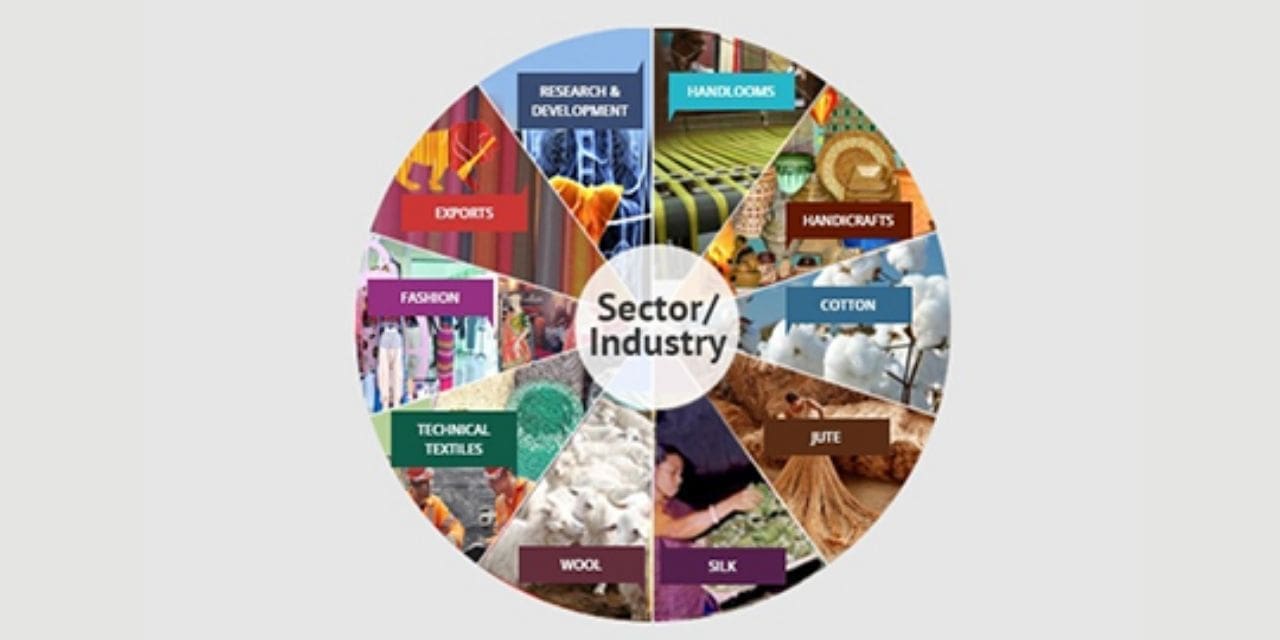By: Seshadri Ramkumar, Professor, Texas Tech University, USA
(Chennai, India, July 3, 2022)- Economic and material sustainability is the way forward for the textile industry.
Inflationary and raw material price pressures are forcing the textile sector to investigate the use of recycled fibers, cotton blends and cost cutting measures.
In this setting, Coimbatore-based Kumaraguru College of Technology recently organized a two-day hybrid international conference on “Sustainable Materials, Management, and Innovative Technologies.”
Paris accord on climate change made recommendation to limit global warming to 1.5 degree C, which necessitates textiles and manufacturing sectors to contribute to reduction in green house gas emissions.
Professor Seeram Ramakrishna of the National University of Singapore in his inaugural address highlighted the social cost associated with excessive material usage, pollution effects and finite nature of materials. These are key drivers to look towards green economy and manufacturing.
Academia should focus on research on various aspects of sustainability stated Professor Govindan Ramakrishnan of Kumaraguru College of Technology. Interesting projects can develop advanced textiles using blends of cotton, bamboo, banana fibers, etc, added Professor Ramakrishnan.
“Today’s students are going to be future leaders, policy makers, researchers, and scientists, who need to be environmentally literate in addition to having domain expertise. This calls for holistic multidisciplinary approach in higher education, better engagement of students with societal needs,” stated Professor D. Saravanan, Principal of Kumaraguru College of Technology.
Paris accord’s global warming target can be achieved only by exploring circularity approaches, opined Professor Ramakrishna.
Next phase of the textile industry is to exploit sustainable fibers, green manufacturing technologies, curbing pollution and adopting to cost effecting manufacturing processes.
In my opinion, sustainability is built on 3Es: 1) Economic sustainability; 2) Energy sustainability and 3) Environmental sustainability.
Dr. Seshadri Ramkumar, PhD, CText, FTI (UK), FTA (Honorary), TAPPI Fellow (USA)
Professor, Nonwovens & Advanced Materials Laboratory
Texas Tech University, Lubbock, TX, USA

